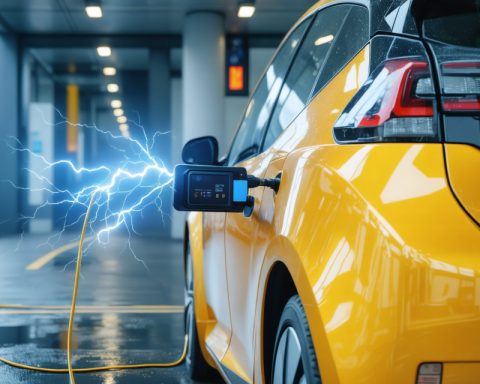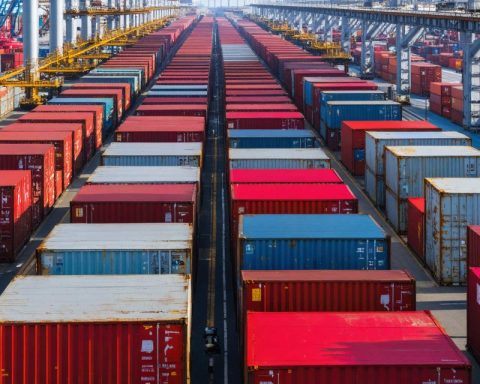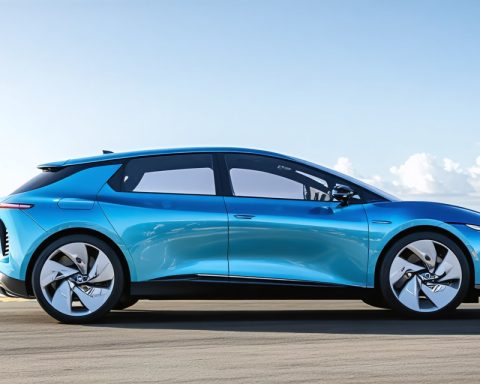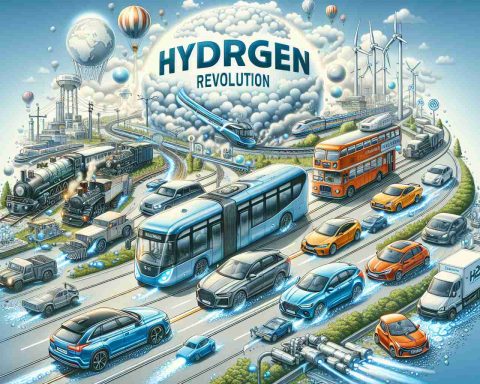In a bold stride towards sustainable energy, Statkraft is moving forward with its groundbreaking 200 MW electrolysis initiative in Emden, Germany, while Finnish energy company Neste shifts gears by withdrawing from its proposed hydrogen project.
Statkraft’s Ambitious Leap
Supported by a substantial €107 million ($115.97 million) commitment from the European Union, Statkraft is set to revolutionize hydrogen production. This flagship project in Emden not only encompasses a 200 MW electrolysis facility but also integrates a 50 MW heat pump system, paving the way for innovative energy solutions. Meanwhile, Statkraft remains committed to advancing its renewable goals, with plans to finalize investment in a 10 MW green hydrogen pilot program by year’s end.
Neste’s Strategic Withdrawal
On the contrary, Neste faces a challenging economic landscape, leading to its withdrawal from a 120 MW electrolyzer project in Porvoo, Finland. This decision, coming after the project’s initial engineering phase, reflects Neste’s critical evaluation of new investments amidst tough market conditions. The Finnish oil refiner faces strict regulatory constraints that affect the feasibility of incorporating renewable hydrogen into existing refinery operations.
Hydrogen-Powered Logistics Take Flight
Elsewhere, DHL Supply Chain and Diageo North America are taking steps to include hydrogen-powered trucks in their US fleet. In a collaboration with Nikola Corp., these companies will deploy hydrogen-fueled Class 8 trucks, marking a significant move towards decarbonizing freight transportation.
Promising Developments in Rostock
Further north, Eternal Power has secured a €2.3 billion agreement to deliver green hydrogen from a major upcoming project near Rostock, Germany, underscoring the growing momentum in Europe’s renewable energy landscape.
These developments highlight the diverse trajectories and challenges faced by energy giants as they adapt to the evolving demands of green energy and sustainable innovation.
Unveiling the Future: How Europe’s Hydrogen Endeavors Are Shaping Communities
The landscape of energy in Europe is undergoing a profound transformation, as ambitious hydrogen initiatives surge forward, potentially reshaping economies, communities, and daily life. While the headline-grabbing projects in Germany and Finland are pivotal, let’s delve into lesser-known implications, captivating controversies, and the myriad ways these changes ripple through societies.
Hydrogen for Heat and Comfort
As Statkraft harnesses the power of hydrogen in Emden, the introduction of a 50 MW heat pump system highlights an innovative application: providing green heat for local communities. This cutting-edge integration is poised to revolutionize how homes and businesses are heated, shifting away from fossil fuels to renewable hydrogen-based systems. Statkraft acts as a pioneer in showcasing hydrogen’s potential beyond industrial applications, indicating a future where sustainable energy directly enhances everyday comfort and efficiency in urban and rural areas alike.
Job Creation and Economic Uplift
Major hydrogen projects, such as Eternal Power’s initiative near Rostock, Germany, promise substantial economic benefits through job creation and regional upliftment. The €2.3 billion endeavor is not only about energy production but also about revitalizing local economies by fostering skilled labor opportunities. With the increased demand for engineers, technicians, and supply chain professionals, communities stand on the brink of a vibrant economic renaissance.
Controversy: Balancing Environmental and Economic Goals
Despite these positive strides, the path to green hydrogen is not devoid of controversy. A critical question arises: is the scaling up of hydrogen truly sustainable, or are we exchanging one environmental challenge for another? Critics point out the significant energy input required for hydrogen electrolysis, questioning whether the current renewable infrastructure can sustain such large-scale production. Moreover, there are skepticisms about whether the financial benefits trickle down to local communities or remain concentrated among corporate entities.
How Will Hydrogen Transform Transportation?
In the logistics sector, the deployment of hydrogen-powered trucks, such as those by DHL Supply Chain and Diageo North America, marks a pivotal change. This initiative is crucial for reducing transportation emissions, which are a significant contributor to urban pollution. Questions remain, however, about the availability of refueling infrastructure and the pace at which fleet operators can transition to this new technology.
The Resilience of Regions: Adapting to New Energy Landscapes
Communities accustomed to traditional energy sectors face a dual challenge. While job opportunities in renewable energy are on the rise, regions transitioning from fossil fuels must accommodate shifts in workforce requirements and skillsets. As companies like Neste withdraw from projects under economic strain, governments and educational institutions play a vital role in retraining and preparing the workforce for future demands.
In conclusion, while the march towards hydrogen-powered societies holds promise, it is replete with challenges and questions that need addressing. As these ventures progress, ongoing dialogue between policymakers, the private sector, and citizens will be crucial in ensuring that this energy transition is equitable, efficient, and truly sustainable for all involved.















